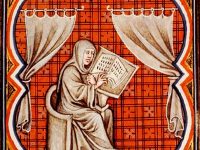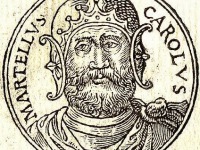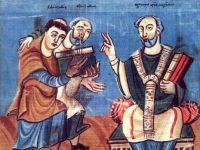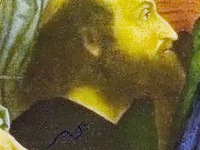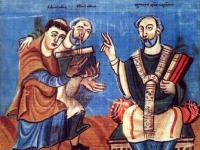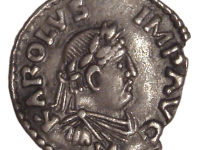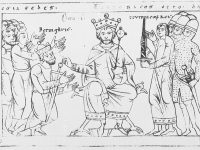Einhard, the Scribe, and the Life of Charlemagne
On March 14, 840, Frankish scholar and courtier Einhard passed away. A dedicated servant of Charlemagne [1] and his son Louis the Pious, Einhard’s is best known for “Vita Karoli Magni“, a biography of Charlemagne, one of the most precious literary bequests of the early Middle Ages. Einhard’s Family Background and Education Einhard, who came from a noble East Franconian family in the eastern German-speaking part of the Frankish Kingdom, was initially educated in the…
Read more

